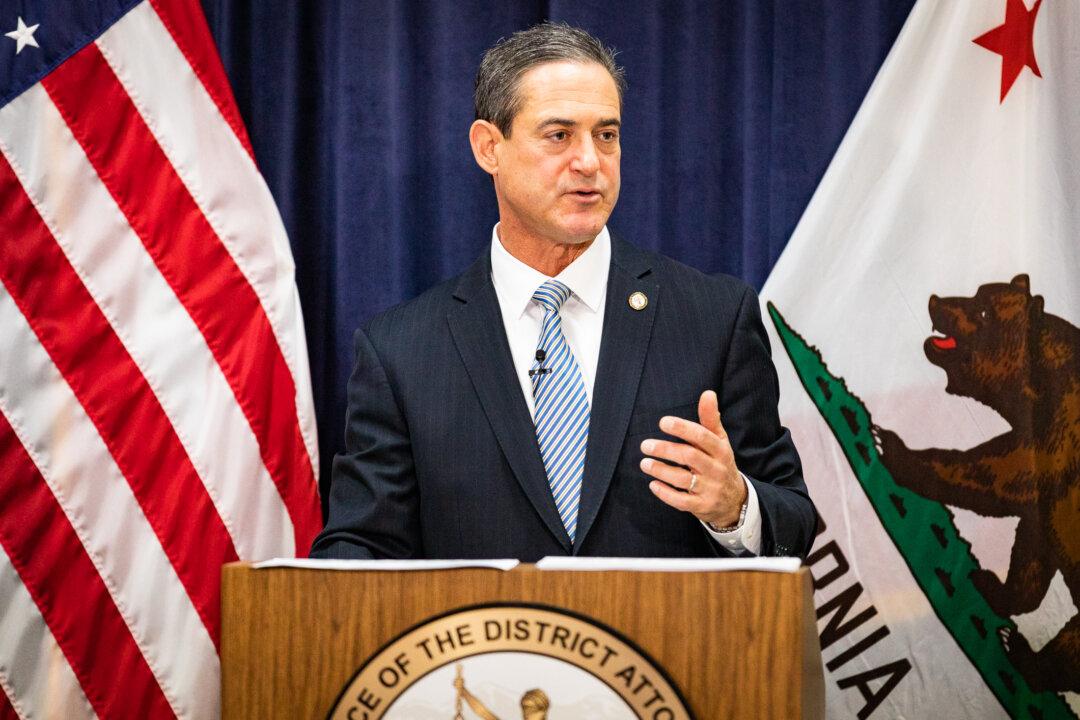SANTA ANA, Calif—Orange County District Attorney Todd Spitzer insisted Nov. 30 a locker-room fistfight that ended with a now-former Mater Dei High School football player suffering head injuries was a case of “mutual combat” and not hazing, as alleged in a lawsuit filed by the player’s family against the school and the Diocese of Orange.
“Neither player involved in this fight was made to participate against their will,” Spitzer said in a statement about the Feb. 4 fight.





